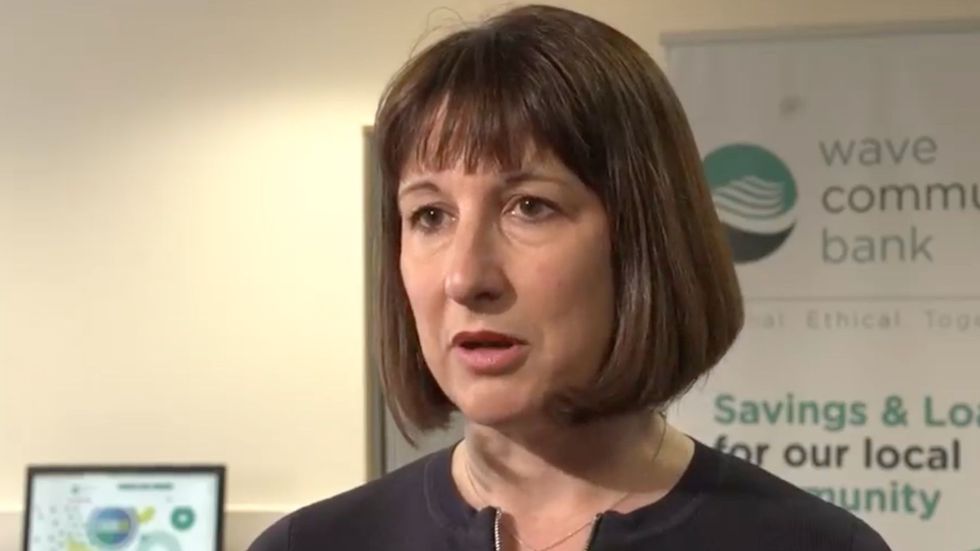State pension triple lock to boost incomes by £1,100 - but 'more and more' pensioners to pay tax

Most pensioners are supportive of the triple lock but the policy could have "tax implications" for households in the years to come
Don't Miss
Most Read
Latest
Pensioners in the UK are set to receive a "welcome" boost to their state pension payments from April, according to new analysis by Standard Life. The triple lock will increase annual payments by over £1,100 next year.
However, analysts are sounding the alarm that "more and more" pensioners could face a greater tax burden as a result.
The triple lock, which has been in place since 2012 with a brief pause in 2022-23, ensures that state pensions rise by the highest of three factors: average earnings growth, inflation, or 2.5 per cent.
This year's increase is based on the wage growth figure of 4.1 per cent from July 2023.
As a result, the full new state pension will rise to £11,962.60 per year, while the basic state pension will reach £9,175.40 annually.
Standard Life's analysis reveals that if pensions were linked solely to inflation, the basic state pension would be £7,976.32 and the new state pension £10,854.92 annually.
Do you have a money story you’d like to share? Get in touch by emailing money@gbnews.uk.
 Pensioners have struggled amid the cost of living crisis | GETTY
Pensioners have struggled amid the cost of living crisis | GETTY This means those on the basic state pension will be £1,199.08 better off per year, while new state pensioners will gain an additional £1,107.68 annually due to the triple lock.
The increase comes at a time when inflation has fallen to 1.7 per cent, below the Bank of England's target.
Dean Butler, Managing Director for Retail at Standard Life, commented on the increase: "Pensioners are set to see a healthy boost to their incomes next month as the state pension nears £12,000 per year.
"This will be hugely welcome news to pensioners who rely on the state pension for a large portion of their retirement income, many of whom are among the most vulnerable people in the country."
However, Butler also noted that the substantial increase may reignite debates around the long-term affordability of the state pension and the sustainability of the triple lock system.
Butler also highlighted potential "tax implications" for pensioners due to the frozen personal allowance. He stated: "The personal allowance has remained flat in recent years and will gradually be bringing more and more people into the tax system as result including pensioners with only very low incomes above the state pension."
The £12,570 tax threshold is set to remain unchanged until 2028 with more people becoming at risk of losing money to the HM Revenue and Customs (HMRC).
This could gradually bring more people, including pensioners with modest incomes above the state pension, into the tax system.
LATEST DEVELOPMENTS:
 Reeves is reportedly floating tax hikes in October's Budget | GB News
Reeves is reportedly floating tax hikes in October's Budget | GB NewsFor those with incomes near the personal allowance limit, Butler advised caution when withdrawing pension savings.
While 25 per cent can be taken tax-free, the remainder may be taxed which Butler urged savers to be cautious of.
He suggested: "For those incomes hovering around the personal allowance, it's worth ensuring they're not taking bigger lump sums on which they might pay tax if they can be avoided."
Butler also recommended considering ISA savings as a tax-free source of additional income for those close to the personal allowance threshold.









